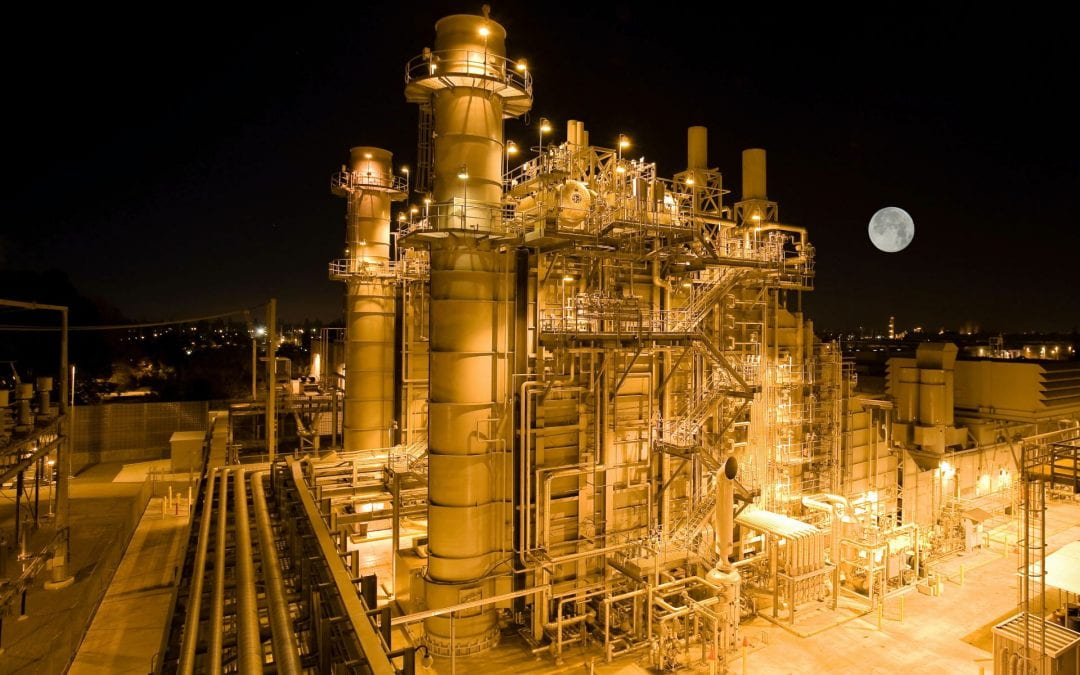By Ralph Sims
The government wants us to phase out fossil fuels. Yet natural gas is much cheaper for households to buy per kWh than electricity. Why?
Natural gas is often touted as a transition fuel to use while we move away from coal and oil and as renewable energies continue to mature technologically and economically.
But the key point to note is that we simply cannot continue to produce greenhouse gases and the demand for natural gas, as for coal and oil, will soon have to decline rapidly.
In its draft package of recommendations to the government, New Zealand’s Climate Change Commission has called for a stop to new connections to the natural gas grid for commercial and residential buildings after 2025.
In that context, comparing the retail price of gas with electricity is not useful unless all other costs and likely future trends are considered.
The natural gas grid
Natural gas is extracted from gas fields and processed to “scrub” out other gases and condensates. The resulting gas, mainly methane, is then distributed through pipelines.
In New Zealand, natural gas is reticulated around much of the North Island, but it is not available in the South Island, where bottled liquid petroleum gas (LPG) is the alternative.
LPG is pressurised butane and propane that come from the scrubbed natural gas condensates as well as from oil refineries. A few cars such as taxis still use LPG, as do gas barbecues.
Natural gas is also combusted in gas-fired power stations to generate electricity. In New Zealand, this accounts for around 15% of total generation. Large volumes of gas are purchased relatively cheaply by power-generating companies and the electricity is then distributed through the grid to homes and businesses.
Cost comparison
The retail cost of electricity varies but is typically around 25 cents per kWh (also known as “c/unit”) for domestic users. Some retailers offer cheaper rates during “off-peak” times (to heat water for example).
The retail price for natural gas also varies and can be around 8c/kWh in Auckland or 5c/kWh in Wellington. If used for cooking, it can be cheaper than electricity. But to heat a building, an electric heat pump can be a cheaper option than a gas heater.
A heat pump concentrates the heat taken from the outside air and “pumps” it into the house very efficiently. One kWh of electricity consumed to run a heat pump can produce 3-4kWh of heat energy inside the house. It can also run the process in reverse and cool the air inside during hot summer days.
When comparing the cost of gas with electricity, two other cost factors must be considered. Under New Zealand’s Emissions Trading Scheme, there is a cost on the carbon dioxide produced when the gas is combusted because, like LPG, it is a fossil fuel and produces greenhouse gases.
The current cost per tonne of carbon dioxide emitted is around NZ$35 (or around 1c per kWh of gas), but it is likely to increase significantly over the next few years. This will be added to domestic gas bills. Electricity bills are less affected by carbon price rises because (more than 80% of electricity) in New Zealand is generated from low-carbon renewable resources.
The other cost to consider is the fixed connection charge for having a gas pipeline coming into the house. This cost also varies, but in Auckland some customers pay $1.15 per day. In Wellington, some pay $1.60 per day.
A house running fully on electricity will avoid this fixed cost. There will be a fixed daily supply charge for the electricity connection but most homes have to pay this anyway in order to have lighting and electrical appliances.
Additional risks
When gas is combusted inside a building to provide heat, the process consumes oxygen and produces water vapour. If ventilation is poor, oxygen levels drop and carbon monoxide is also produced, which can lead to poisonous air.
The water vapour results in condensation, obvious on windows at certain times of the day. That, too, can lead to unhealthy mould in poorly ventilated homes.
And there are further risks with gas. As exemplified by an explosion last year in a Christchurch home, natural gas (methane) is volatile as well as toxic. Of course there are also risks with using electricity, though fairly rare, such as getting an electric shock or vermin eating through plastic cable coverings and shorting the wires, which can start fires.
While gas may appear cheaper, this applies only to certain energy uses (such as cooking). Overall, the cost of gas is likely to rise significantly in the near future.
The Climate Change Commission’s final advice to government is due at the end of May and will provide a time frame for the end of new gas connections — but there is no intention to disconnect existing gas supplies to buildings at this stage.
This article was originally published on The Conversation and has been republished under a creative commons license. For the original, click here.
Ralph Sims is an Emeritus Professor at Massey University.
Disclaimer: The ideas expressed in this article reflect the author’s views and not necessarily the views of The Big Q.
You might also like:
How can we use and waste less energy?
Cleaning up: Can electricity replace fossil fuels in time?

